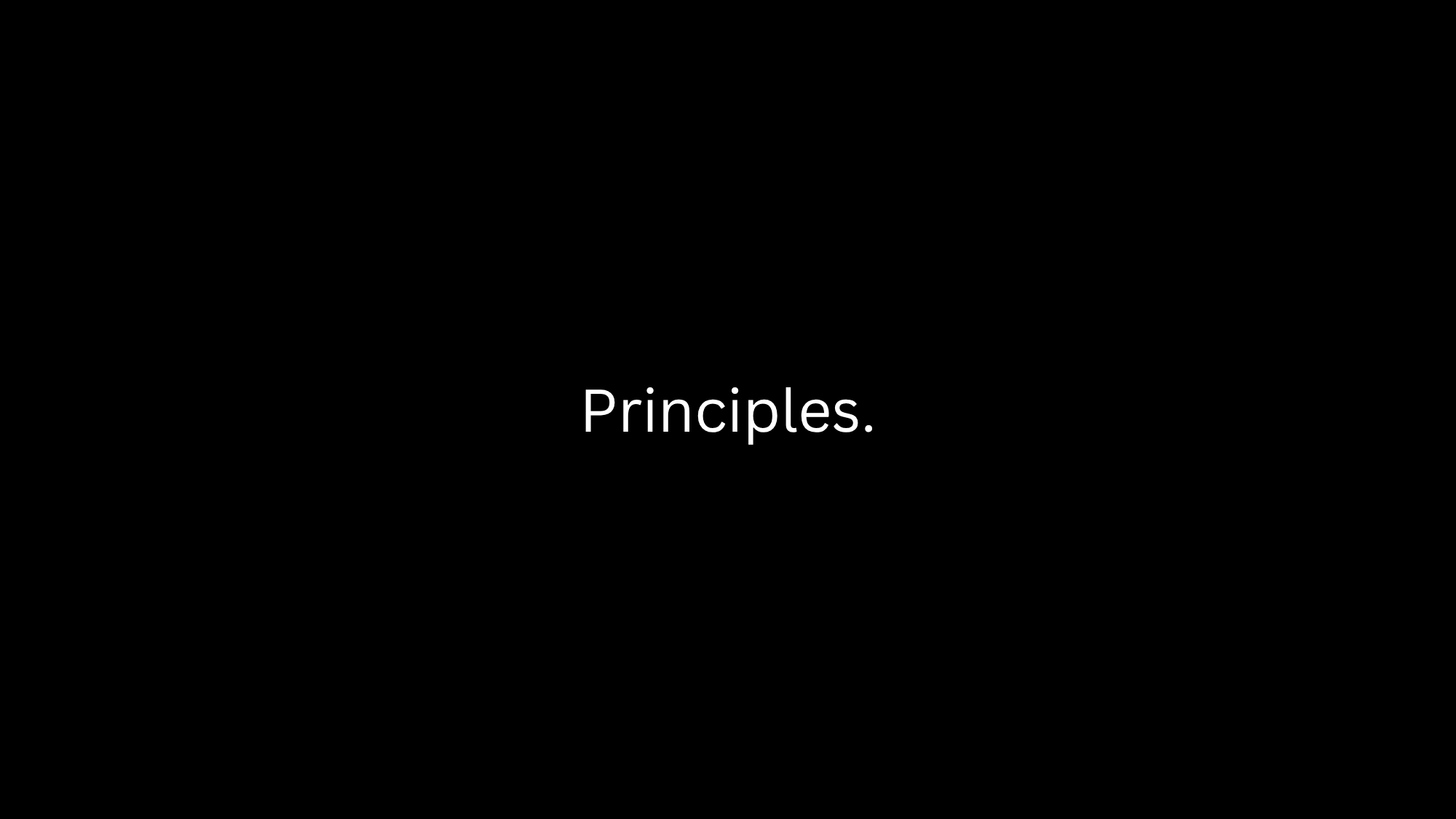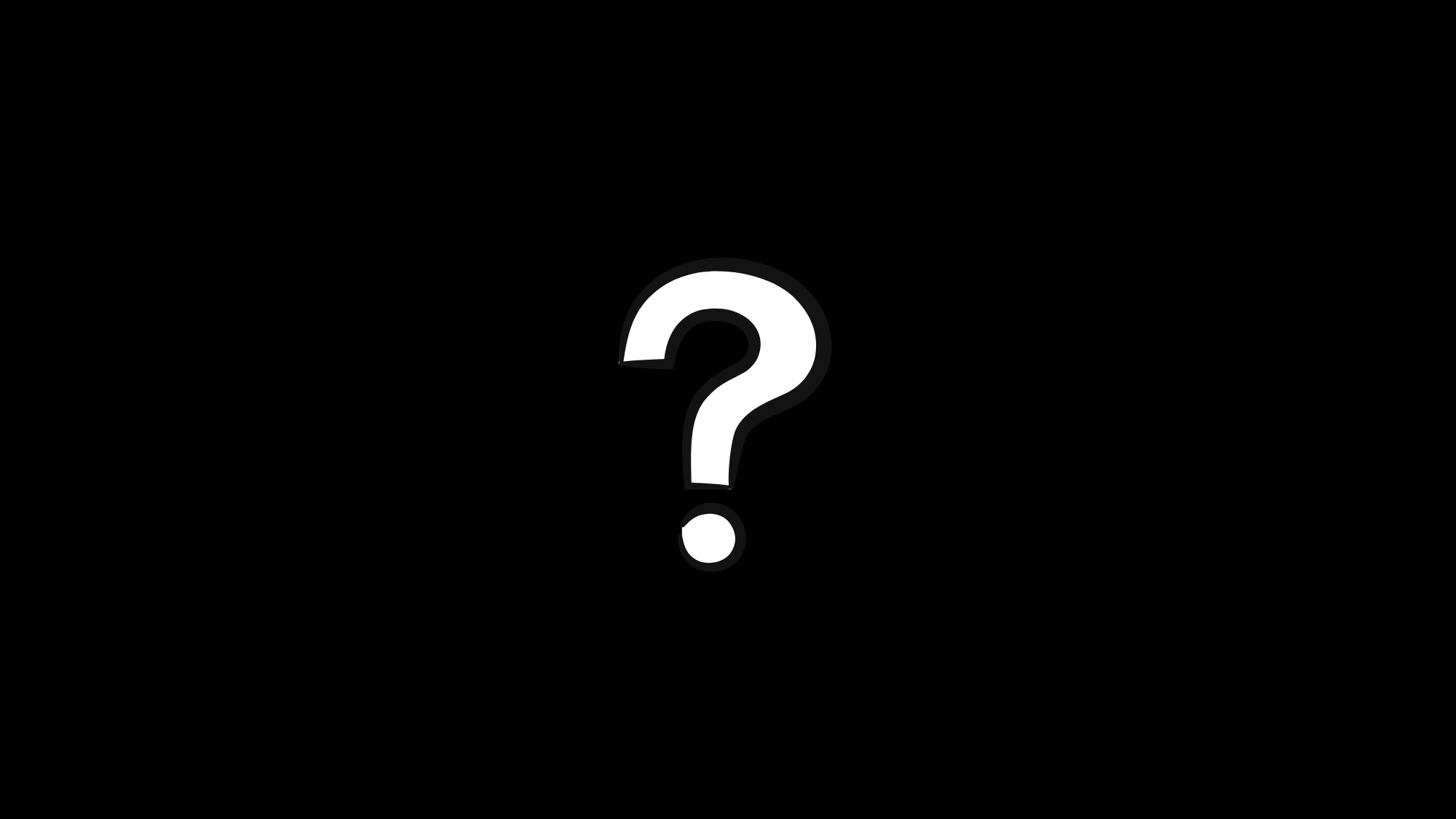

Emotions, Listening & Zero
Amigos! The big 3 newsletter is here.
- 1 mental health tip
- 1 social skills tip
- 1 personal reflection
Let's dive straight in.
1.) Just label your emotions, don’t judge them
We judge things all the time. Mainly because it’s quick, easy and it puts things into neat categories in our minds whilst outlining what needs to be done to solve a problem.
But when we judge an emotion, instead of simply label it, we make it more intense.
Here’s an experiment you can do now to illustrate this:
- Take a pause from reading this article and look into the distance
- Then say to yourself “I’m lazy.”
As you let that judgement sink in, notice:
- What feelings did it spark?
- Did you feel heavy? Cold? Warm?
- Where did you feel that judgement in your body?
- Did you notice saying it sparked an emotion which made you feel distressed?
My guess is this judgement sparked some form of distress within you. But if it didn’t, don’t worry - those words might just not resonate with you that deeply.
But we’re not finished with the experiment yet…
Now I want you to:
- Take another pause from reading this article and look into the distance
- But this time replace your judgment words with feelings and say “today I didn’t get as much work done as I planned and I feel frustrated with myself.”
As you let that thought sink in, notice:
- What was different about saying it in this way rather than “I’m lazy?”
- Did you notice when you judge yourself there’s more of an intense emotional reaction?
Why does this matter?
I came across this exercise while reading a superb article titled how to calm your inner storm by the psychotherapist Sheri Van Dijk. In the article she outlines a 3 step framework for healthily regulating your emotions.
- Become aware
- Validate
- Act opposite
But the main takeaway from the article is; emotions love themselves. Which is to say, they make us act in ways that make them more intense until we understand the message they’re trying to send us. But oftentimes, through judging the emotions we feel, we keep ourselves locked in the emotional spiral long after the emotion has delivered it's message.
Here's an example of how judging your emotions fuels the emotional spiral:

So to better regulate your emotions, I implore you to become aware of how you naturally judge your emotions, then to replace all judgements with simple labelling. Because when you label your emotions non-judgementally, as demonstrated in the experiment we did above, you decrease the intensity of the emotion and highlight what actions need to be taken next in order to regulate it.
As shown here:

Go deeper:
In a podcast I listened to recently with renowned neuroscientists Lisa Feldman Barrett and Dr. Andrew Huberman, Lisa likened the process of labelling our emotions to choosing books in a library. If we use broad labels such as “bad / negative / down” it’s just like searching for a book in an entire section, meaning it's harder to transcend the effect the emotion has on us. But if we label our emotions with more accuracy (such as "I feel vulnerable" rather than "I feel bad") it’s like searching for a book amongst a shelf, meaning we can pinpoint it with more accuracy and then healthily regulate it.
So when labelling your emotions:
- Be as specific as possible
- Be as non-judgemental as possible
If you are interested in this topic, I highly recommend you listen to the podcast. Lisa is awesome.
Now let's move on to the social skills highlight of the week.
2.) Good listening involves telling people when you can’t listen
How often do you start listening to someone only to realise you don’t have the energy to do so?
- After a long day at work a friend calls you and starts emotionally offloading their annoyances onto you about their job. But instead of ending the call you continue listening.
- A colleague taps you on the shoulder while you're working and says “you’ll never guess what!” And then starts gossiping about another colleague. But instead of telling them you need to focus, you act interested in what she's saying.
- As you’re about to leave a family gathering your uncle begins a new topic about how all politicians are corrupt. But because you don't want to cut him off, you stand there for the next 30 minutes in silent annoyance.
When we agree to listen to people when we don’t have the time or energy to do so, no one benefits. Not you, not the person you're listening to and especially not the people you’ll complain to about how the person you listened to “doesn’t stop talking”.
A large part of being a good listener is protecting your social energy so that you can be truly attentive and present with people.
So the next time someone begins talking but you don't have the energy to listen, respectfully validate the other person and then schedule a time to discuss the topic further if you wish.
- “David, I understand you really want to discuss this right now but I don’t have the energy to talk at the moment. I’d like to listen to you when I can be present in the conversation. So how about we discuss this tomorrow when we’re both free?”
- “Listen, I appreciate you want to discuss this right now but it’s late and I really need to go to bed. Let’s discuss this in the morning when we’re both well rested.”
- “I’m going to have to cut you off. I appreciate you are excited to talk about this right now but I really need to focus on what I’m doing. I finish in 30 minutes, I'll come and see if you’re free then so I can listen to you.”
People would much rather you tell them you can’t listen right now than to feel you’re not fully present in the conversation.
3.) The ultimate goal is zero
Here’s my personal realisation of the week, which came to me after listening to a podcast with Naval Ravikant and his spiritual teacher.
Society has conditioned us to believe in the journey over the destination. Which is why it functions based on treatment, treatment, treatment. There’s no end. There's always more personal development to do. There's always more self-help books to read. There's always more problems to solve.
But the ultimate goal is zero.
Zero = you realise there’s no such thing as "solving problems."
Destination is the purpose. To arrive at an understanding that nothing can be solved.
That is zero.
Zero is freedom.
You can tell you’ve solved a problem by whether you no longer have to revisit it.
And when you're done trying to solve things because you understand nothing can be solved, that's the greatest solution of all.
Thank you for reading.
Until next week!
Lew

other related newsletters
tHURSDAY'S THERAPY
Join 8934+ improving their mental health & social skills 1 Thursday newsletter at a time
Happy to have you here!
try refreshing the page and trying again!


.png)
.png)

.png)

.png)



.png)

.png)




%20(1).png)